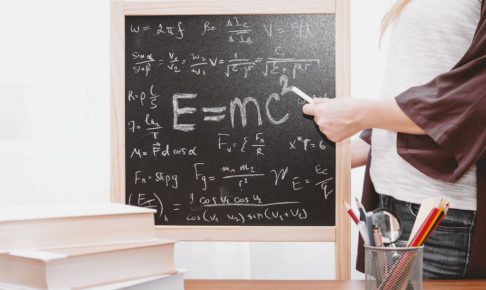英語
高校生
ものすごく至急です💦今日授業で当てられそうなのですか答えが確実じゃなくて焦っています
答えだけでいいのでほんとうによろしくお願いします
根拠の場所あれば教えて欲しいです
次の英文を読み,下の問いに答えなさい。
We all know the saying “To err is human." And this is true enough. When somethine
80es wrong, the cause is overwhelmingly attributed to human error: airplane crashes (70
percent), car wrecks (90 percent), workplace accidents (also 90 percent), You name it, and
humans are usually to blame, And once a human is blamed, the inquiry usually stops
ans
ISL
stu
an
止
there. But it shouldn'tー atleast not if we want to eliminate the error.
S
In
many cases, our mistakes are not our fault, at least not entirely. For we all have
certain biases" in the way we see, remember, and perceive the world around us, and these
biases make us commit certain kinds of errors, Right-handed people, for instance, tend to
turn right when entering a building, even though that may not afford the best route to take.
And most of us, whether left- or right-handed, show a preference for the number 7 and the
color blue. We are also so persuaded by our first impressions of things that we are
reluctant to change our first answer on a test; yet many studies have shown we would be
better off if we did exactly this.
Qur expectations can shape the way we see the world and often the way we act in itas
well, In one case, people encountered an unknown man and were later told his occupation.
When they were told that the man was a truck driver, they said he weighed more%; when
they were told he was a dancer, they said he weighed less. In another case, half the people
in a restaurant were told their free glass of wine that night came from France; the other
half were told their wine came from somewhere else. Not only did the second group eat
less of their meals, but they headed for the doors more quickly. Farmers too show the same
tendency. Farmers who believe in global warming, for instance, have been shown to
remember temperatures as being warmer than those recorded in statistical tables, And
what about farmers who do not believe in global warming? They remembered
temperatures that were colder than those in the record books.
What's important about these examples is not that we think a truck driver is fatter
than a dancer or that temperatures are warmer than they used to be. What'simportant is
that these effects occur largely outside of our consciousness; we're biased
ー we just don't
know we' re biased. Some of these tendencies are so strone that eyen_when_we do know
answers. And yet, even after students are told of these results, they still tend to stick with
studies of answer changing; in not one were test takers hurt, on average, by changing their
answer changes are from wrong to right, and that most people who change their answers
irst impressions. Nearly eighty years of research on answer changing shows that most
about them. we find it hard to correct for them, A practical example involves the power of
usually improve their test scores. One comprehensive review examined thirty-three
heir first answers. Investors, by the way, show the same tendencies when it comes to
cks". Even after learning that their reason for picking a stock might be wrong they still
tended to stick with their initial choice 70 percent of the time.
Notes:biases 先入観
stocks 株
A. 下線部(1)の意味に最も近いものを次の(1)~(F)の中から1つ選びなさい。
() Generally, humans blame themselves for their own errors.
(ロ) Humans are, more often than not, responsible for errors.
() Humans by their nature cannot avoid making errors.
(二) Humans often put the blame for their own errors on someone else.
B. 下線部(2)が指すものとして最も適切なものを次の()~(-)の中から1つ選びなさい。
(ロ) the cause
() the error
() the inquiry
() the human
C. 下線部(3)が指すものとして最も適切なものを次の(1)~()の中から1つ選びなさい。
() certain kinds of errors
() certain biases
() tuming right
() entering a building
D. 下線部(4)が指すものとして最も適切なものを次の(1)~(F)の中から1つ選びなさい。
() being reluctant to change our first answer on a test
() being swayed by our first impressions
() being better off
() changing our first answer on a test
「tのように書き換えるとき、それぞれの(
回答
疑問は解決しましたか?
この質問を見ている人は
こちらの質問も見ています😉
おすすめノート
総合英語be まとめ(1)
14177
162
【英単】たった14語で14000語を理解できるようになる語
14040
18
【総合英語フォレスト】まとめ(4)分詞/比較
9624
155
最強の英単語覚え方!
7582
62





















